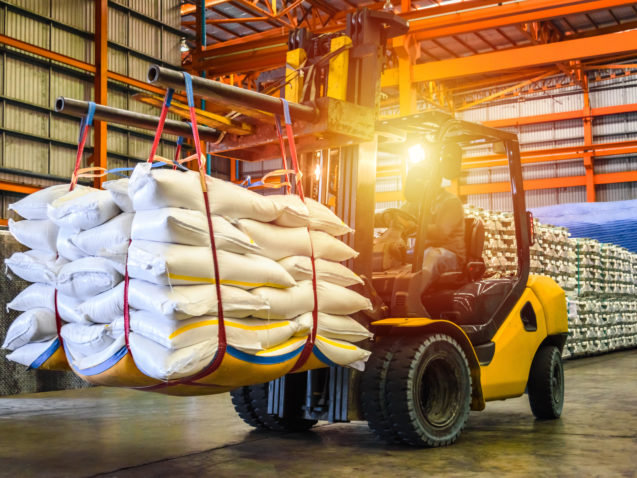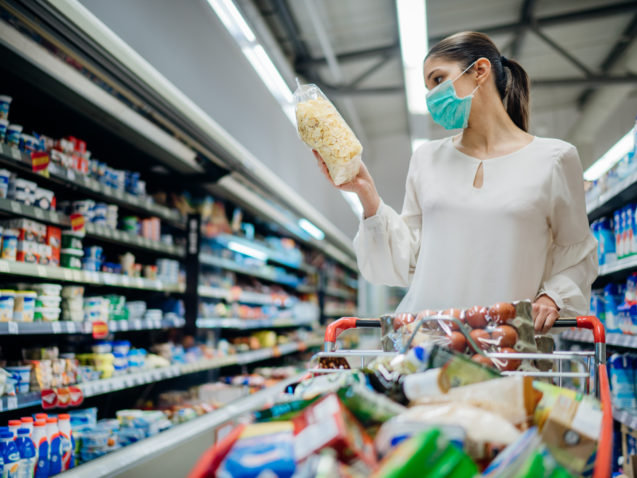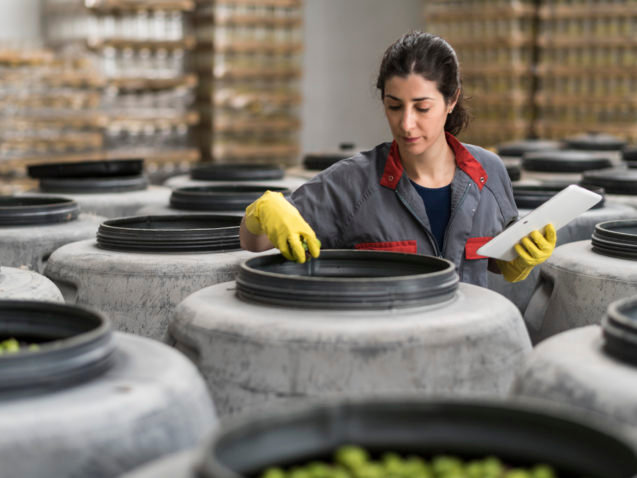(Brussels, 4 May 2020) The European Commission recently delayed the publication of its Farm to Fork strategy until at least mid-May. As the Commission continues its period of reflection, FoodDrinkEurope has set out five tests that we believe the Farm to Fork Strategy must pass if it is to deliver truly sustainable food systems in light of COVID-19.
- Maintain the ambition
European food is famous for being safe, nutritious and of high quality. The Commission’s ambition is that it should now also become the gold standard for sustainability. We agree. Whatever its timeline for publication, the Farm to Fork Strategy must not lose its ambition to contribute to the EU’s goal to become the first climate-neutral region in the world by 2050 and drive truly sustainable food systems. COVID-19 should not be used as an excuse to ignore our shared responsibility towards more sustainable production and consumption. The food and drink industry will continue to explore ideas and innovations that will allow us to contribute to food security, and to fulfil people’s dietary needs while decreasing the footprint of our products and operations.
- Support SMEs to thrive
Small and medium sized businesses (SMEs) are the beating heart of the food and drink industry in Europe, making up ninety-nine percent of the sector and it is these businesses that are feeling the effects of COVID-19 most acutely, in particular those supplying to the hospitality, tourism and leisure sectors. Without help, many of these SMEs will go out of business and many more will find it hard to survive the coming months and years. Jobs and livelihoods are at stake. The Farm to Fork Strategy must help SMEs thrive, avoiding unnecessary red tape, a disproportionate regulatory burden and punitive fiscal measures that penalise businesses. The strategy must drive a sustainable agenda that leaves no-one behind.
- Ensure Single Market principles and trade
COVID-19 has shown that a fully functioning Single Market is key for the proper functioning of EU food supply chains. To ensure the diversity, affordability and safety of our products for consumers, while also providing a vehicle for growth and jobs in the industry, it is imperative that Single Market principles, such as harmonised rules across all Member States, are firmly embedded into the Farm to Fork Strategy. Any diversion from these principles will add costs, administrative burdens and uncertainty to operators and consumers. It is also important to resist unjustified protectionism and “gastro-nationalism” – both within the Single Market and with our trading partners – which could jeopardise consumers’ access to diverse and affordable food and drink products. The Farm to Fork Strategy should acknowledge the strength of varied food system models – short and long-chain, local and international.
- Stimulate green innovations
We are at a critical time in our history. We must avoid a damaging rise in global temperatures and loss of biodiversity, while continuing to provide good food to a growing population. The Farm to Fork Strategy must give the food and drink industry the confidence to invest in innovation and pursue ideas that will further improve the environmental footprint of food and drink products, develop sustainable packaging, and conduct low carbon operations. We firmly support the Commission’s ambition for achieving a circular economy, and this should be through a genuine collaboration with the food and drink sector. It goes without saying that green policy must never jeopardise food safety and food security.
- Facilitate healthier and sustainable living
We urge the Farm to Fork authors to recognise the value of working with industry to ensure healthier and more sustainable living across Europe. One positive outcome of COVID-19 has been a renewed interest in food as people explore their cupboards, discover new recipes, and re-think their lifestyles. This presents opportunities for the Farm to Fork Strategy to seize upon, such as empowering consumers to choose healthy diets through a single, harmonised nutrition labelling system. Alongside the label, better education will help consumers of all ages to understand what a balanced, healthy, and sustainable diet looks like. Farm to Fork must also support industry innovations to further optimise the nutritional content of products and develop new nutritious products, while satisfying consumer demand for a broad range of products.















